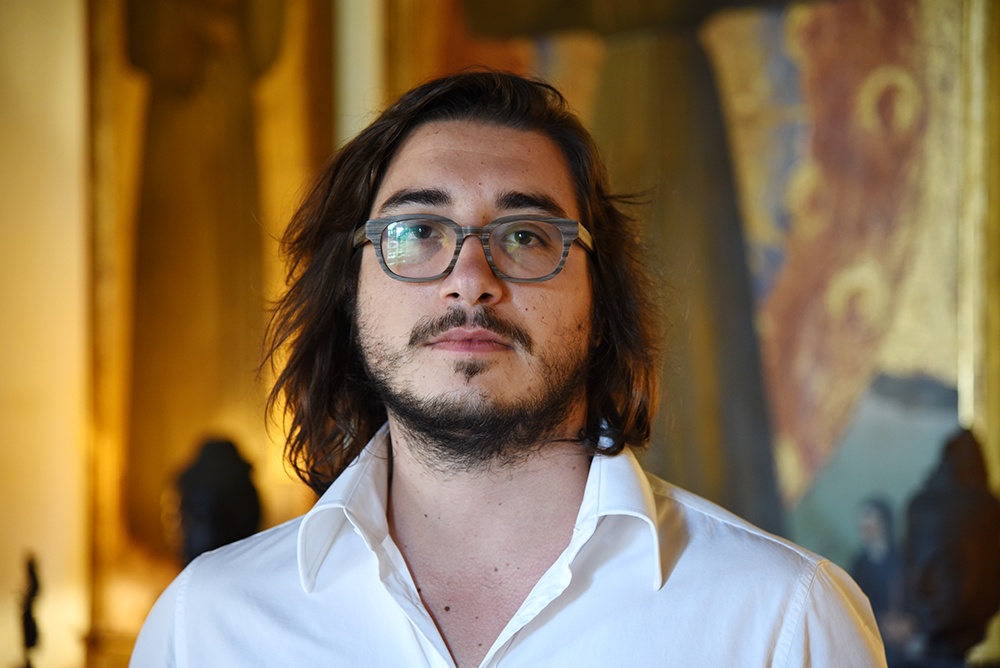Giuliano Mori
False, yet True. Non-Exclusive Truth from the Fifteenth to the Seventeenth Century
2017 - 2018

Biography
After he received his doctoral degree in 2015, Giuliano Mori (Scuola Normale Superiore; PhD, IULM University) carried out research as a member of the Institute for Advanced Study, School of Historical Studies (Princeton, 2016-2017) and, earlier, as a fellow of the Fondazione 1563 (Turin, 2016). His main interests are in Renaissance and early modern intellectual and cultural history. His publications include: I geroglifici e la croce: Athanasius Kircher tra Egitto e Roma, (Pisa: Edizioni della Normale, 2016); and Le tracce della verità: Metodo scientifico e retorica digressiva nell’età di Francis Bacon, (Bologna: Il Mulino, 2017).
Project Summary
We often take falsehood to be synonymous with untruth, however, rather than a necessity, this stance reflects a precise cultural choice, which originates from precise reasons and implies precise consequences. If instead of immediately assessing the status of falsehood with regard to truth and untruth one conceives of it as encompassing a variety of distinct notions, such as inauthenticity, artificiality, inaccuracy, and, more generally, imperfection, one soon realizes that, along the history of Western thought, objects and notions that were in fact artificial, inauthentic, and imperfect – and notoriously so – were considered altogether true in certain moments and cultural miliuex, while being rejected as untrue in different times.
Focusing on Renaissance and early modern philosophy, historiography, science, religion, and arts, this project charts the history of the cultural choices that caused false things to be categorized as either true or untrue. In doing so, it also suggests that each period’s propensity or reluctance to admit that false things may be true tends to be reflected synchronically in all the fields of culture, so making the study of these different reactions to falsehood an ideal lens through which to analyze European culture in its diachronic, historical development.
